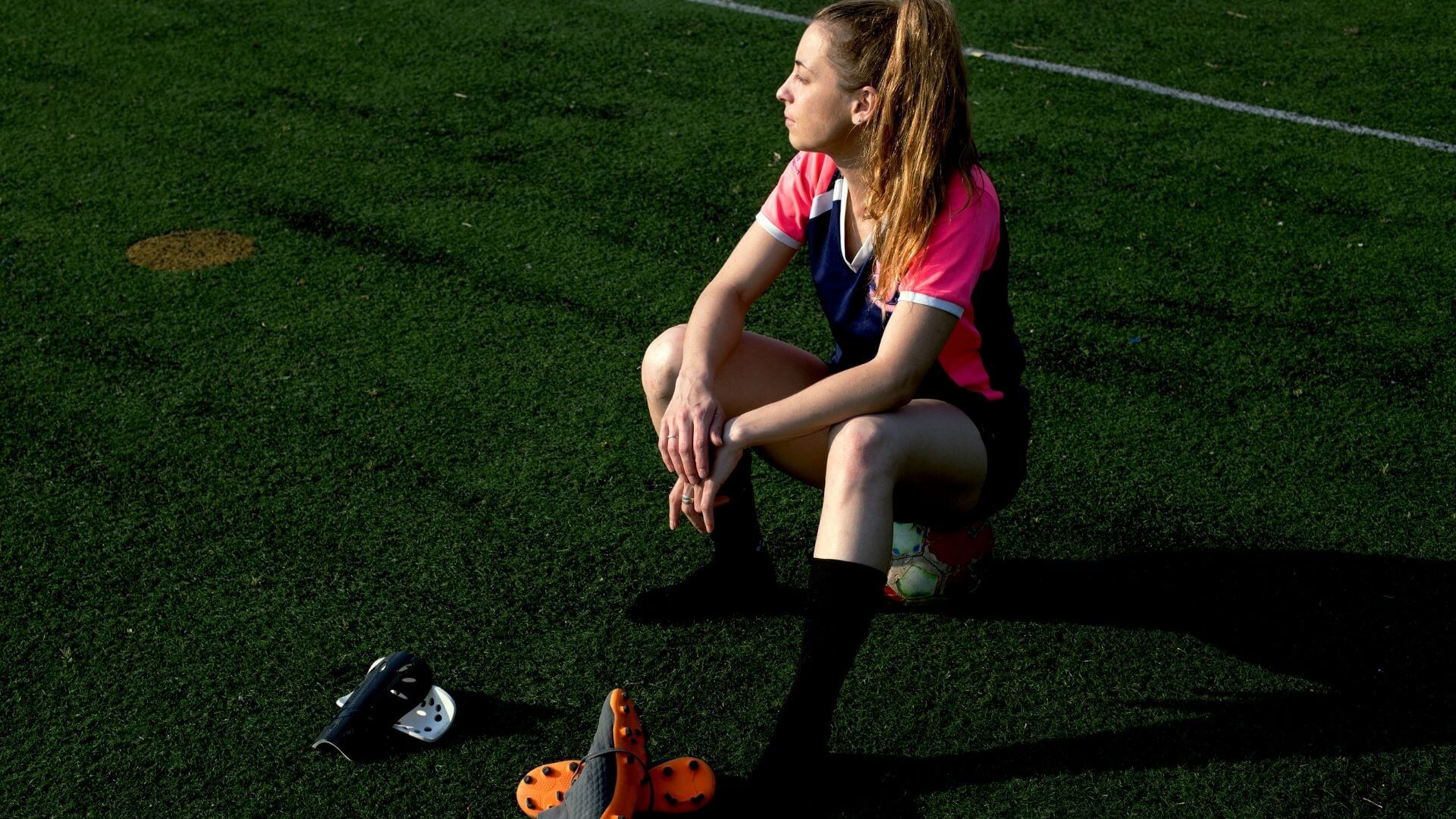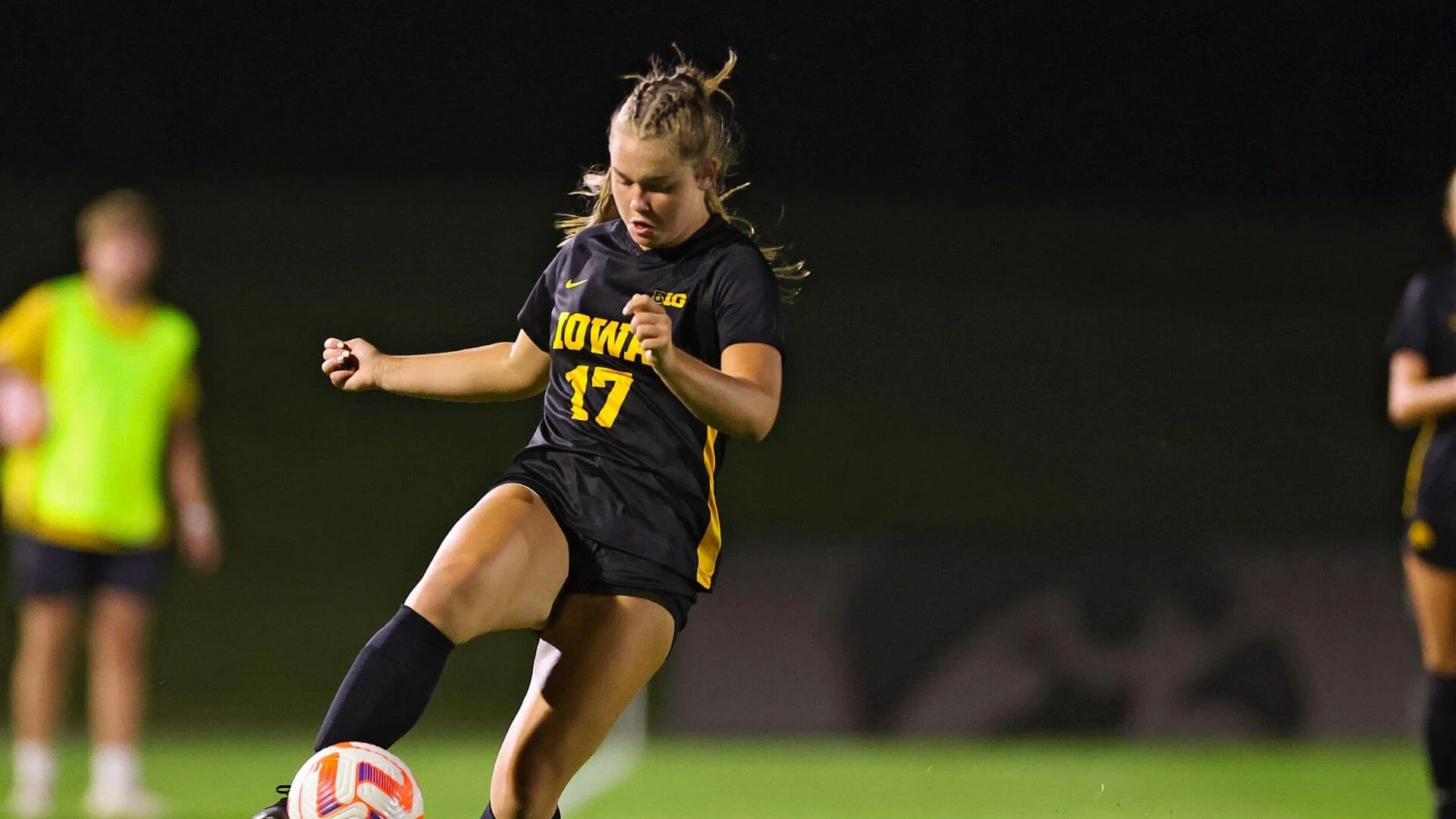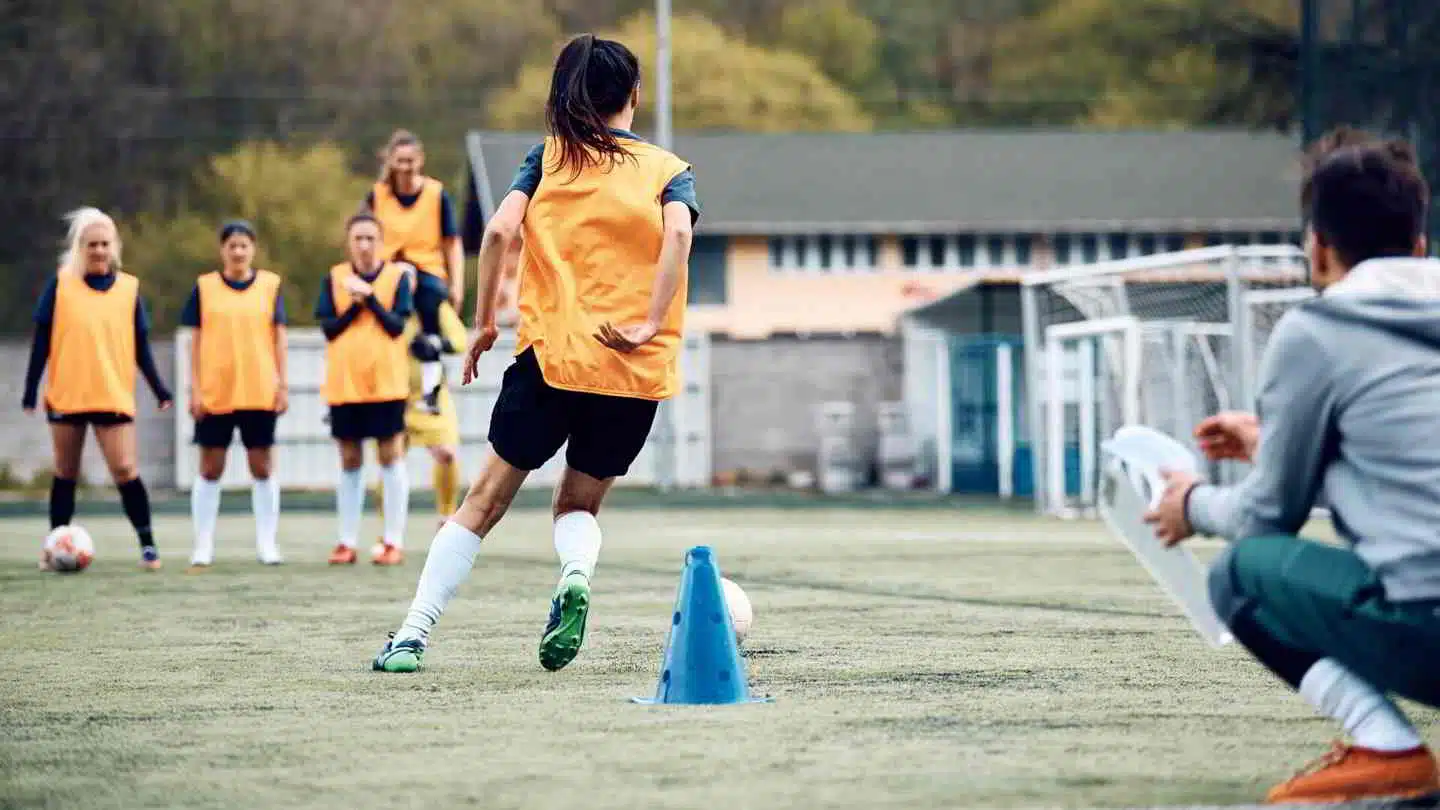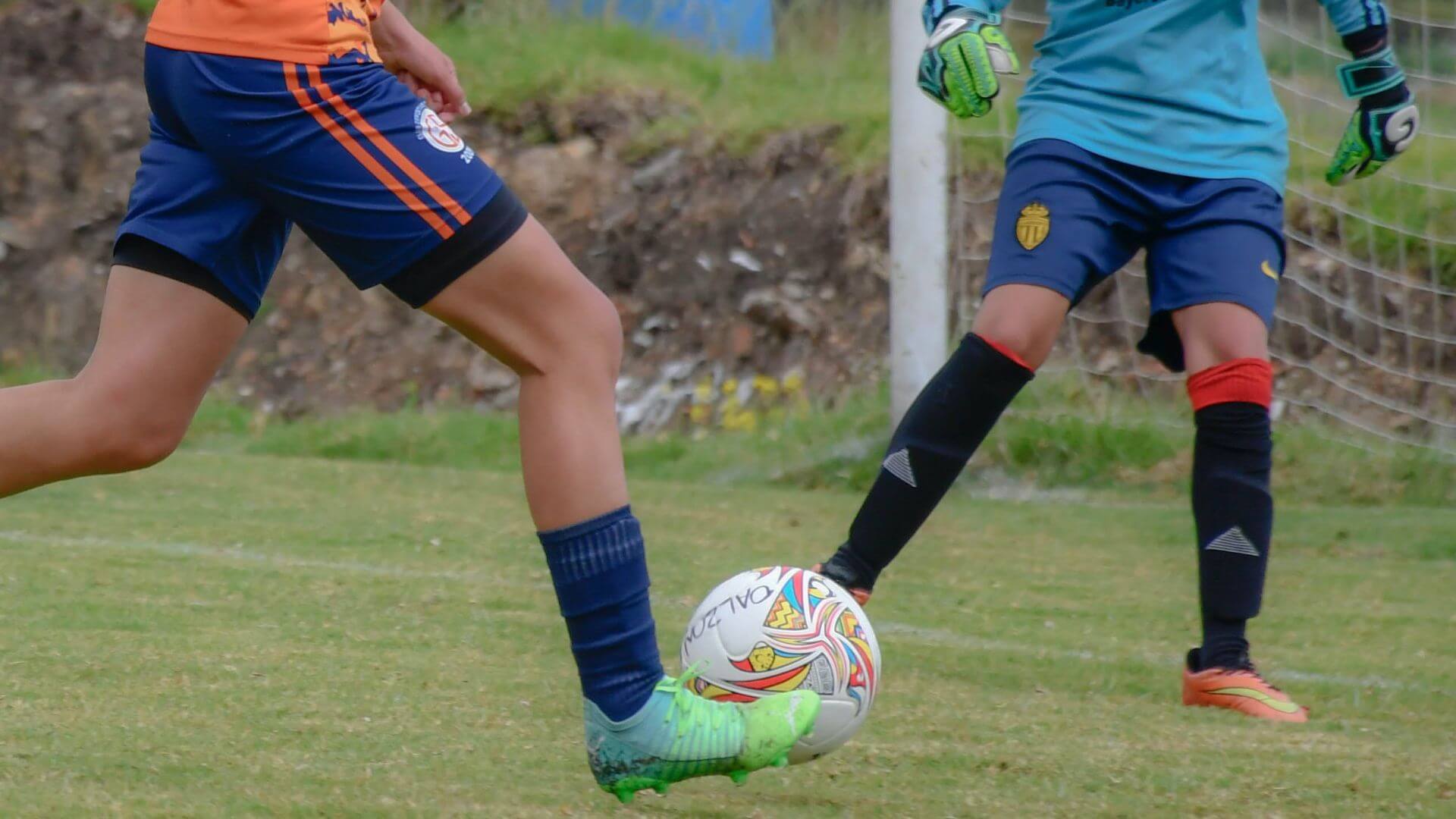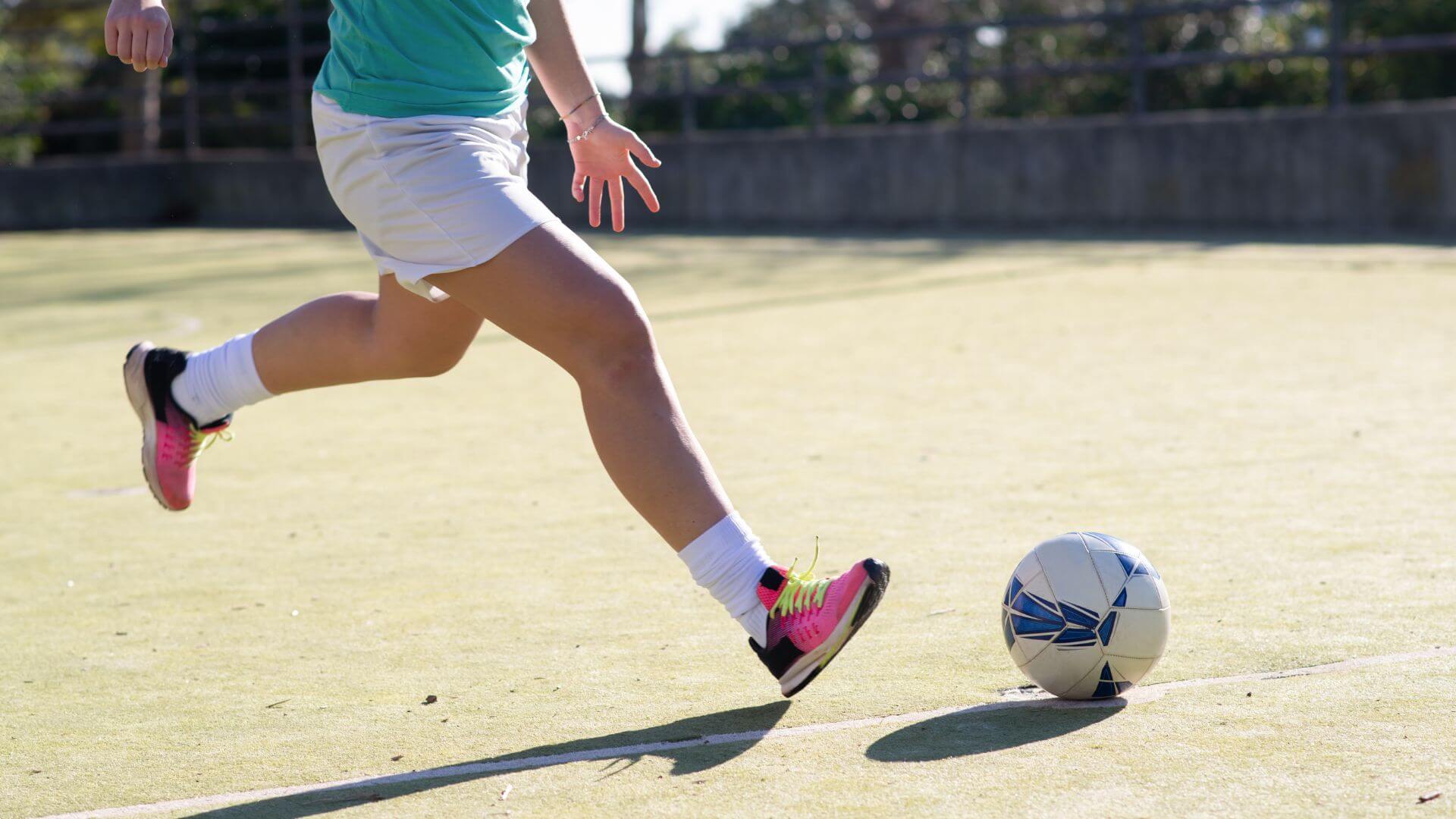Inside the Preseason Grind: A Glimpse into Women’s College Soccer Players’ Preparation
The excitement and anticipation leading up to a new college soccer season are palpable as athletes gear up for months of rigorous training, camaraderie-building, and strategic planning. For women’s college soccer players, the preseason is a critical period that sets the tone for the entire year. It’s a time when athletes push their physical and mental boundaries, fine-tune their skills, and forge bonds that will carry them through the challenges of the upcoming season.
Physical Conditioning and Training
Preseason starts before you walk onto campus for team preseason. Your preseason begins during the summer months while you’re training to be prepared for when you step on campus and endure the grueling training sessions.
This often means sacrificing socialization for mornings or evenings at the track or running shuttle runs on the field. For women’s college soccer players, it’s an intensive period of physical conditioning and training. Months away from the competitive field often necessitate a comprehensive approach to regaining peak fitness levels.
Players engage in a variety of exercises, from endurance runs and sprints to strength training and agility drills. These sessions not only build the physical stamina needed to excel on the field but also help prevent injuries that can hamper a player’s performance throughout the season.
Intense Training Sessions
Training sessions during the preseason go beyond just physical conditioning. They encompass tactical and technical drills focusing on improving individual skills and enhancing team dynamics.
Coaches meticulously design these sessions to challenge players’ decision-making abilities, ball control, passing accuracy, and positioning on the field. This well-rounded training approach prepares players to face a wide range of in-game scenarios while building resilience. Players will also work to claim their position and minutes for upcoming games.
Strategic Analysis and Game Planning
Preseason is also a time for coaches to lay the groundwork for the team’s strategies and game plans. Through video analysis, tactical discussions, and simulations, players familiarize themselves with their opponents’ playing styles, strengths, and weaknesses.
This preparation ensures that players are mentally equipped to make split-second decisions during actual matches, adapting their approach to exploit the opposition’s vulnerabilities. Each player will learn their role in their position specific to the team’s field formation for the upcoming season.
Building Team Cohesion
Team chemistry is a cornerstone of success in women’s college soccer, and preseason provides a unique opportunity for players to form close-knit bonds. Training camps, team-building exercises, and off-field activities foster a sense of unity and camaraderie among teammates. These relationships contribute not only to a positive team atmosphere but also to better communication and understanding on the field.
Mental Conditioning
The mental aspect of the game is as crucial as physical prowess. Preseason is a time for players to work on their mental resilience, focus, and confidence. Sports psychologists may be brought in to help athletes develop strategies to manage stress, overcome challenges, and maintain a positive mindset, both individually and collectively. This mental conditioning equips players to stay composed in high-pressure situations and bounce back from setbacks. Becoming mentally strong on the field allows a soccerista to play with all she has–sometimes, playing with heart can outperform skill.
Competitive Scrimmages and Friendlies
Preseason wouldn’t be complete without competitive scrimmages and friendly matches. These encounters allow teams to apply their training in a match-like setting, helping coaches assess players’ progress and identify areas for improvement. Friendly matches against other college teams or local clubs offer a valuable opportunity to fine-tune strategies and gauge the team’s readiness for the official season.
Balancing Academics and Athletics
One unique challenge women’s college soccer players face during the preseason is juggling rigorous training schedules with academic commitments. Many players are also full-time students, and finding the right balance between studies and soccer can be demanding. Time management skills become paramount as athletes navigate the demands of both the field and the classroom.
In conclusion, preseason for women’s college soccer players is a multifaceted period encompassing physical conditioning, intense training, strategic planning, team building, and mental preparation. As athletes push their limits, refine their skills, and form lasting bonds with teammates, they lay the foundation for a successful and fulfilling soccer season. The challenges and experiences of preseason serve as a crucible, forging a united and resilient team ready to take on whatever the upcoming season may bring.
Featured image via @uncwomenssoccer on Instagram
_
GIRLS SOCCER NETWORK: YOUR SOURCE FOR GIRLS SOCCER NEWS





